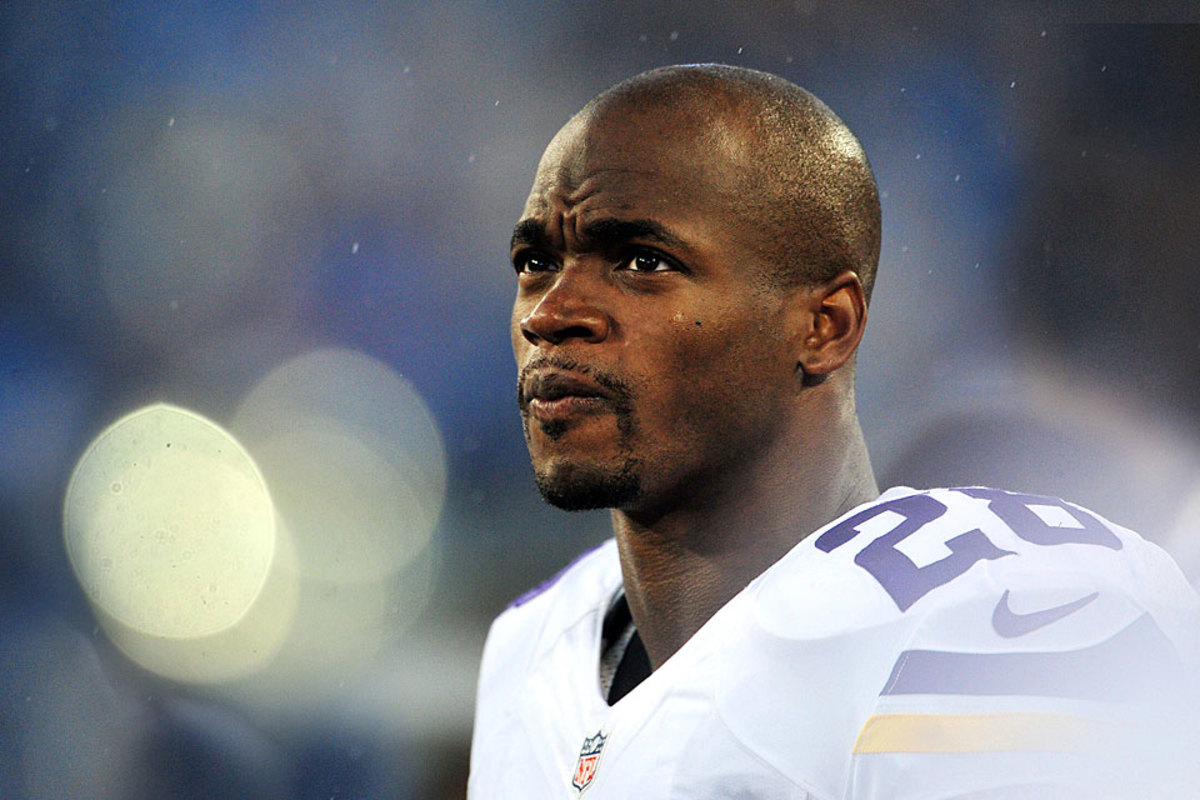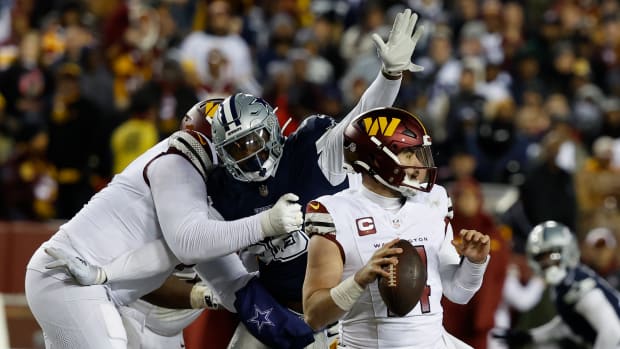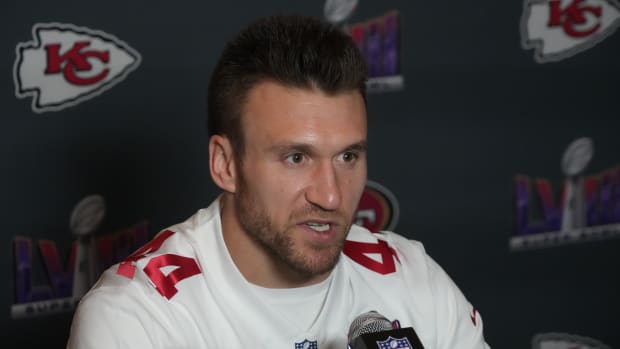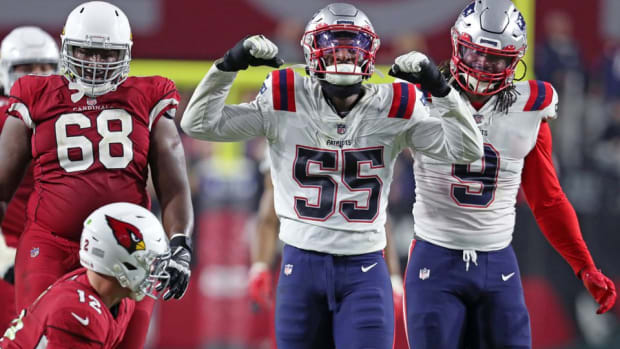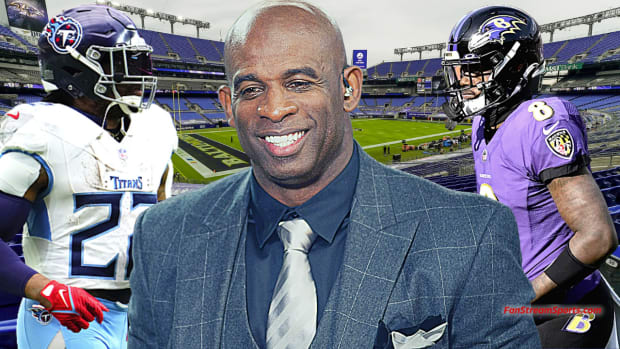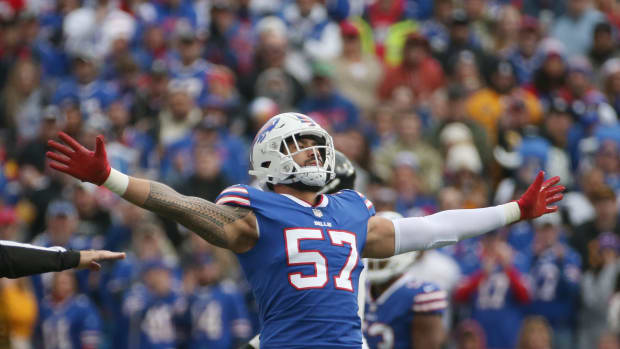League Discipline and Legal Reality
By Stephanie Stradley
I am a lawyer in Texas and an unabashed follower of the Houston Texans. I was asked to write this for The MMQB because of the strong response to a post on my personal blog, “What is sensible discipline for NFL player misconduct?” To try to move the discussion forward, I wanted here to specifically address how the league and the public should be thinking about player discipline. These issues are not easily reduced to a sound bite, a press conference, a 140-character tweet or debate-rage TV. For instance, Raiders owner Mark Davis suggests a league-wide rule that “if somebody’s accused or arrested in a domestic-violence case, they should be suspended with pay.” Similarly, it looks as if teams may be increasingly interested in having players with pending criminal matters put on the Commissioner’s Exempt List.
No one feels good about the reactive, inconsistent way in which the NFL and its teams have dealt with player discipline in recent days, or even recent years. But should we be surprised that the league’s disciplinary decisions have felt random and haphazard? It’s hard enough for criminal justice professionals, who look at a variety of factors beyond simply the nature of the offense, to determine appropriate punishment. For sports leagues that are embracing the role of moral arbiters on an ad hoc basis, it is nearly impossible to come up with one-size-fits-all disciplinary scheme without sacrificing a measure of integrity or fairness.
Every reasonable person agrees that domestic violence and child abuse are wrong. But while there has been plenty of discussion of these issues on an emotional and sometimes personal level, I don’t think enough people have been asking the question: What are the appropriate punishments for various allegations of bad acts by athletes? I think to some degree people are afraid to address this aspect of the issue, because they don’t want to be perceived as soft, enabling or somehow pro-abuse.
Nevertheless, we should be having a real and pragmatic discussion of what a discipline scheme should be, and we shouldn’t pretend the answers are easy and obvious. One thing I do know is that fans should have serious concerns about the unintended consequences that may come from the reactive policies that are being floated now.
The MMQB on The NFL's Mess
The latest from Peter King, Andrew Brandt, Don Banks and others on a tumultuous time in the NFL. FULL STORY
For Adrian Peterson, this means he will be required to remain away from all team activities while he “takes care of his legal proceedings.”
Peterson has a court date of October 7 in Montgomery County, Texas, but typically that is merely procedural. He will likely be required to appear in court many times when nothing of substance happens. In truth there is not much involved with “taking care of his legal proceedings.” Mostly what arrested people do to prepare for legal proceedings is wait for trial.
The idea of a “speedy trial” doesn’t mean what most people think when they hear the word “speedy.” Trial priority tends to be given to defendants who cannot make bond or have non-bondable offenses that keep them in jail. Judges control their dockets, and even the most able attorney can have difficulty getting an early trial date. In Montgomery County the dockets can be very slow, with a one-year wait being relatively “speedy.” It is not unusual for a case to take two years before going to trial.
Theoretically a player could accept a plea deal to resolve his legal matter quickly rather than wait for trial, but that assumes that he receives a reasonable plea offer. In high-profile cases DAs sometimes are afraid to offer defendants deals that other people receive for similar circumstances, because they don’t want to be criticized. They prefer to leave it to the jury to decide punishment.
In addition, defendants aren’t supposed to plead guilty when they are innocent of the offense. It would put players in a bad situation if they felt the need to do so in order to restart their typically-short NFL careers.
What is the purpose of NFL discipline beyond what the legal system provides? How much punishment is enough? We shouldn’t pretend the answers are easy or obvious.
































